Voting No to Indigenous voice to parliament doesn’t mean you reject human rights
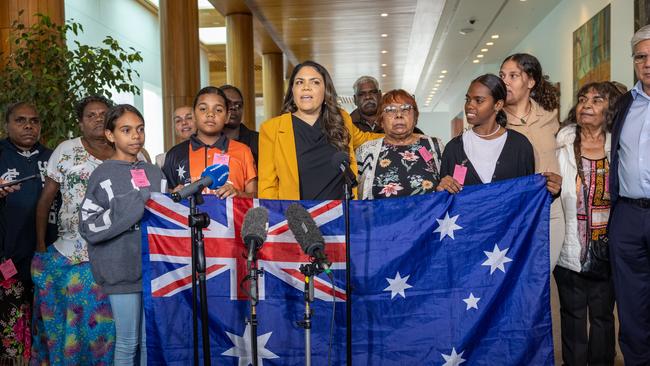
The statement acknowledged that there would be a diversity of views among the Australian community about the voice proposal. What it did not acknowledge was that there wasn’t a unanimous view within the commission itself.
While I have great respect for the perspectives and knowledge that my commissioner colleagues bring to this conversation, I hold a different view on this issue. The voice is a proposal I have significant doubts about in its current constitutional form. The idea that all Australians should have a voice in our democracy should not be controversial. But the constitutional amendment being proposed goes beyond this basic principle.
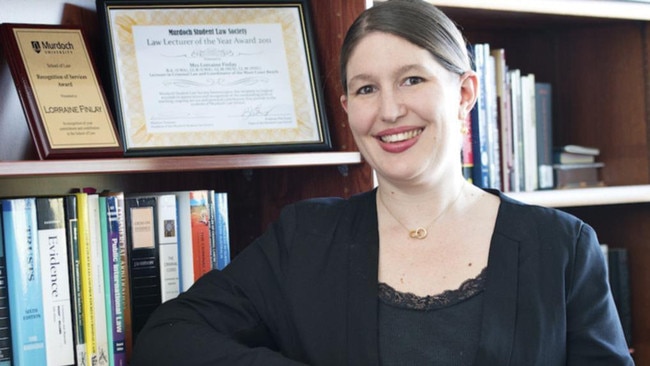
As a former constitutional law academic, I know just how much the details matter when it comes to any constitutional amendment. In this case, the few details we have been given make clear that this is not, as some have called it, a modest proposal.
There are two aspects in particular that take this proposal well beyond being a minimalist model and make it one that instead would fundamentally alter our existing constitutional framework.
The first is the extension of the voice to include representations to not only the parliament but also to the executive government. This substantially increases the risks of bureaucratic complexity, legal uncertainty and judicial activism.
Peter Conran, a former federal cabinet secretary, has expressed the view that a constitutionally entrenched voice to executive government is unworkable.
The second is the guarantee that the voice may make representations “on matters relating to Aboriginal and Torres Strait Islander peoples”.
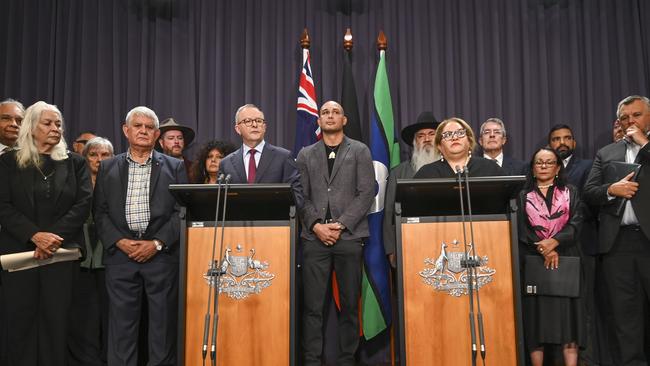
This wording goes beyond matters having special significance to Aboriginal and Torres Strait Islander people, and also beyond “matters which would affect their rights”, which is the form of words used in describing the right to self-representation under article 18 of the UN Declaration on the Rights of Indigenous Peoples.
It is difficult to think of an issue that would be beyond the scope of the voice in its proposed form, as surely every law or policy of general application would be considered to be “matters relating to” Indigenous Australians in the same way as they are matters relating to all other Australians.
The third clause of the proposed constitutional amendment is said to provide a safety mechanism by ensuring it is the parliament that ultimately will determine the form of the voice.
However, the clause itself makes clear that the power of the parliament here is “subject to this Constitution”. This must necessarily include being subject to the clause immediately above, which states that the voice “may make representations to the parliament and the executive government of the commonwealth on matters relating to Aboriginal and Torres Strait Islander peoples”.

A straightforward reading of this second clause suggests the questions of to whom and about what the voice may make representations are locked into the Constitution. Which means that while the parliament may tinker around the edges, it would not be able to validly make a law that would diminish those aspects of the voice specifically built into the Constitution itself.
Exactly where that line is drawn will be for the High Court to decide. Once that decision is made there is no democratic recourse through parliament if the voice turns out to be something entirely different from that which Australians thought they were agreeing.
My doubts arise not only from the constitutional aspects of the proposal but also the challenges of reconciling this proposal with foundational human rights principles. When looking at the voice from an international human rights perspective, advocates have tended to focus on UNDRIP and particularly the right to self-representation under article 18.
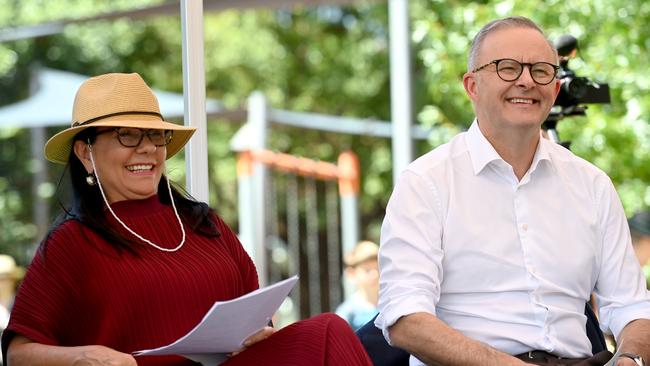
However, these rights do not exist in isolation. They are part of a broader international human rights framework that is based on foundations of equality and non-discrimination.
Article one of the Universal Declaration of Human Rights tells us “all human beings are born free and equal in dignity and rights”.
UNDRIP itself expressly provides that it does not authorise any action that would impair the “political unity of sovereign and independent states” and that its provisions should be interpreted in accordance with the principles of equality and non-discrimination.
The draft wording that has been announced goes beyond ensuring that Aboriginal and Torres Strait Islander people have a right to participate in decision-making that affects them. It inserts race into the Australian Constitution in a way that undermines the foundational human rights principles of equality and non-discrimination and creates constitutional uncertainty in terms of its interpretation and operation.
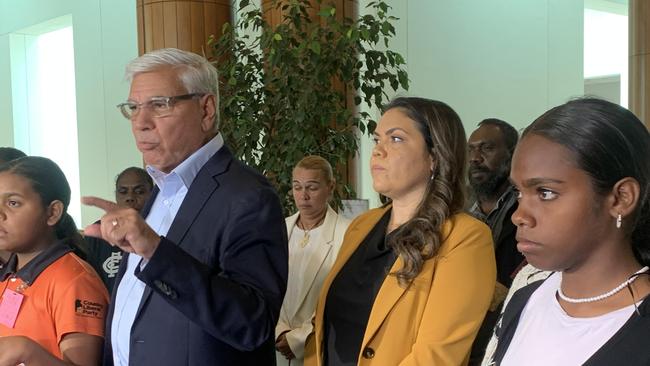
My message is simple. You can believe passionately in human rights, equality and the importance of reconciliation and decide – based on your belief in the importance of those principles – to vote No. A constitutional referendum is always an occasion of significance. During the coming months I would encourage all Australians to think carefully about this proposal and what it will mean.
But, even more important, I would encourage all Australians to ensure that our conversations about the voice are conducted in good faith and that different views are respected.
Every Australian must be free to make up their own mind about voting Yes or No.
Lorraine Finlay is Human Rights Commissioner.

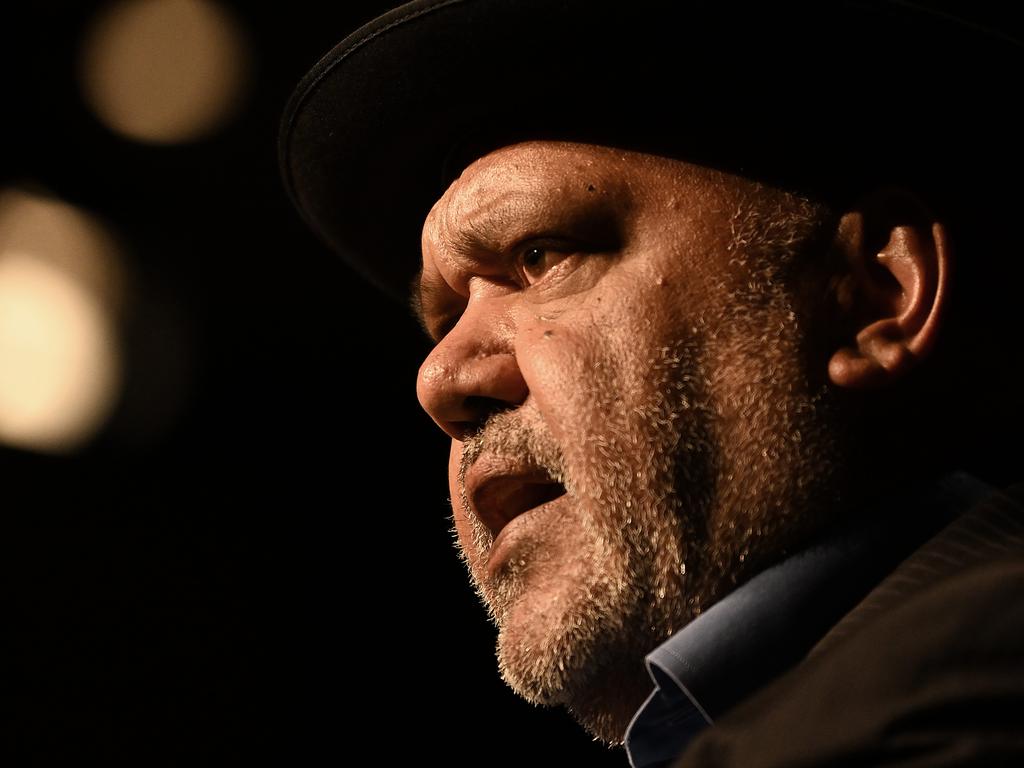
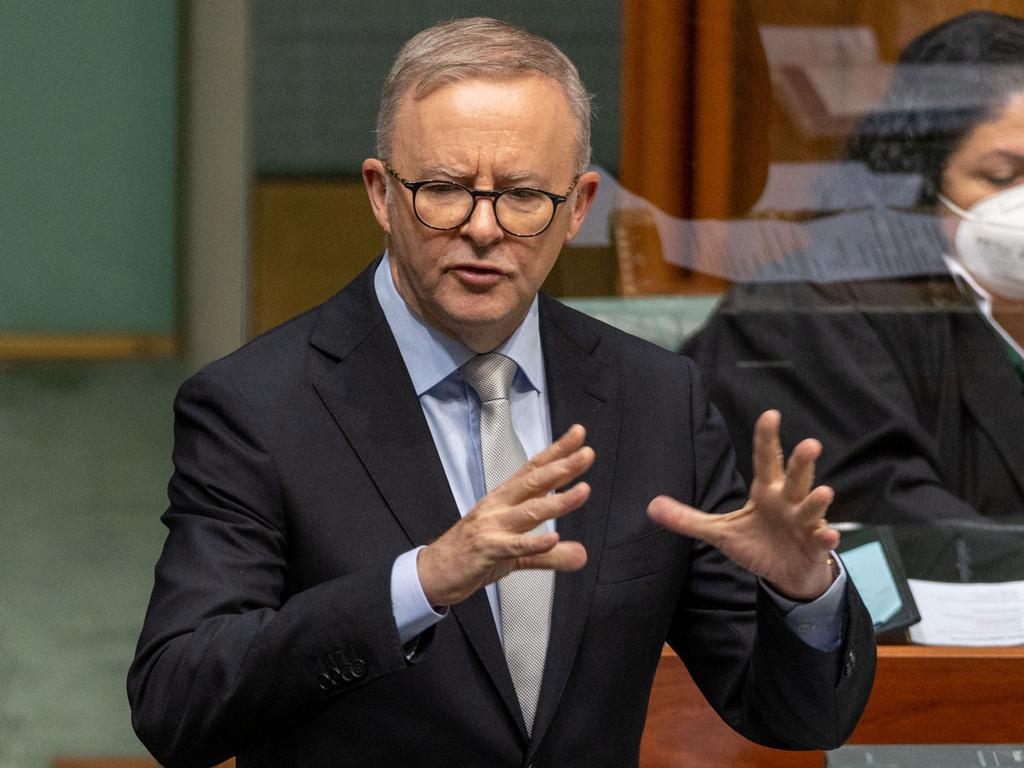
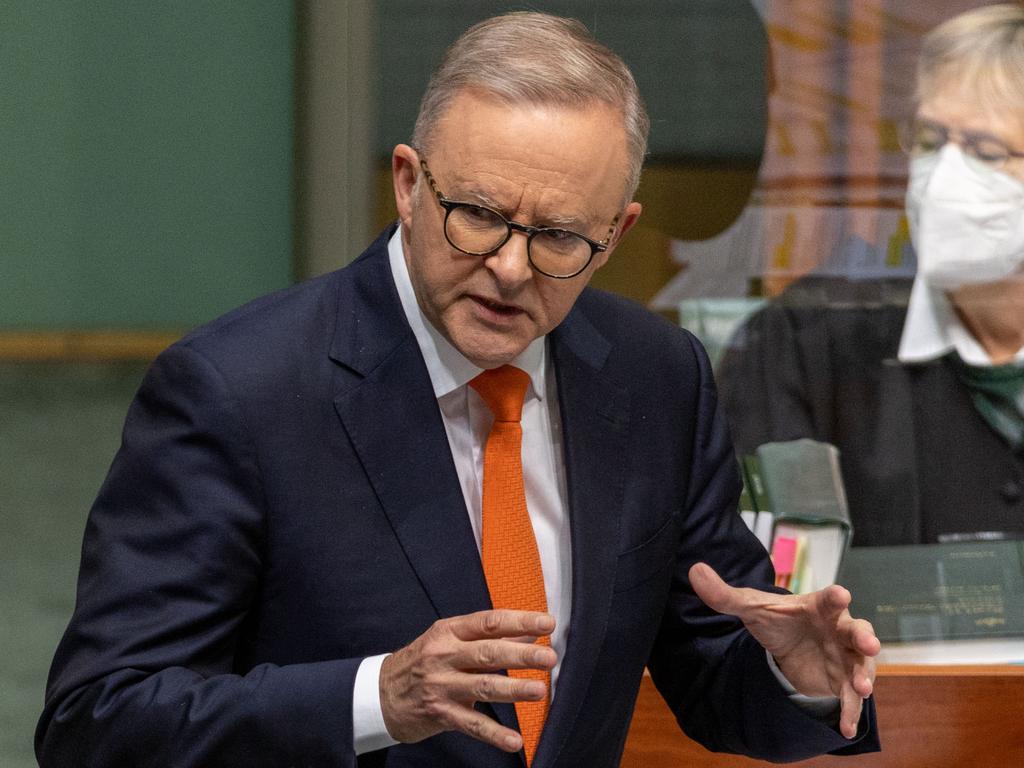
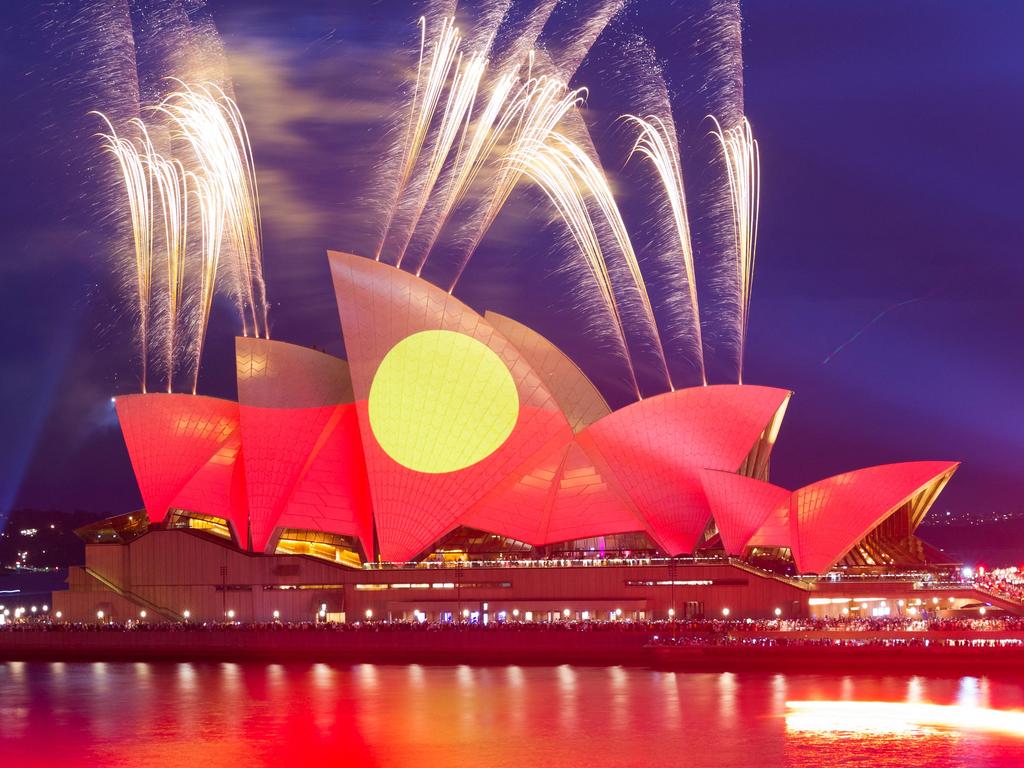

Within hours of Anthony Albanese announcing the proposed wording for the upcoming voice referendum, the Australian Human Rights Commission published a statement on its website affirming its support for the proposed establishment of an Indigenous voice to parliament.